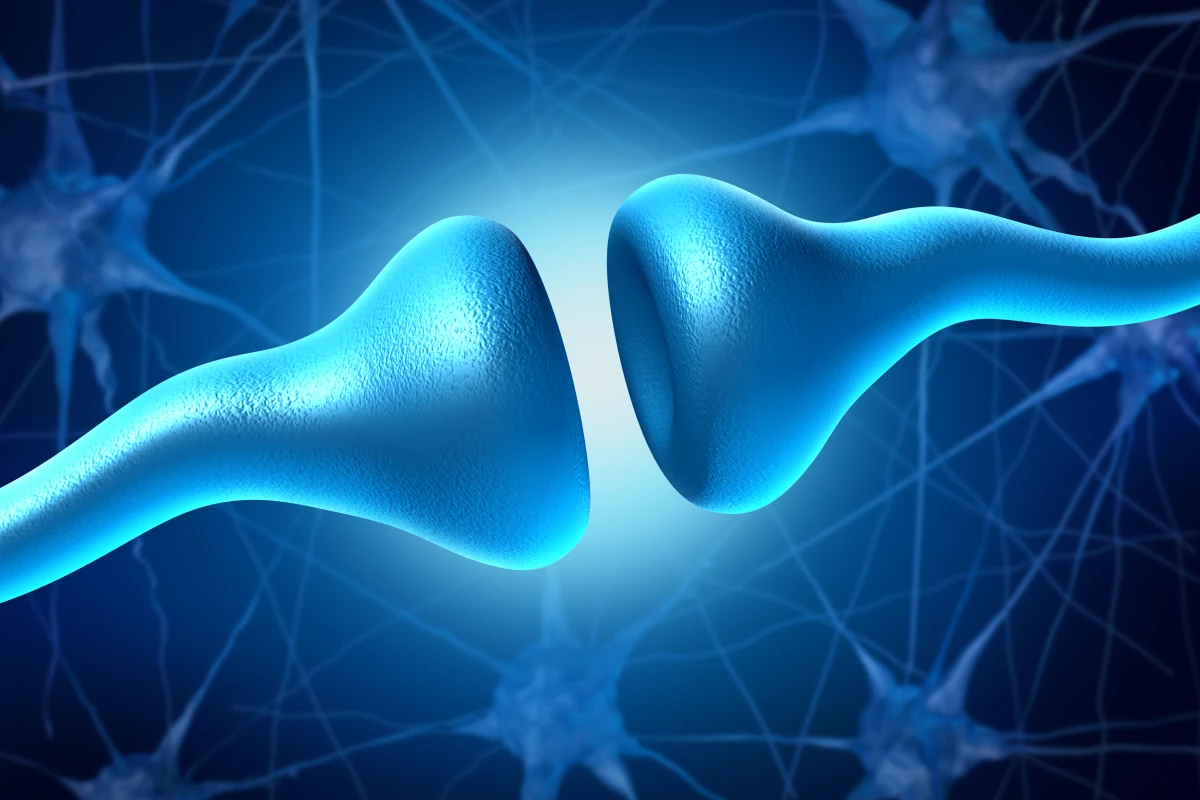Compelling new research from the Indiana University School of Medicine has homed in on a degenerative mechanism that could explain why symptoms such as apathy are the first signs of Alzheimer’s disease. The findings suggest disrupting this process could slow the progression of Alzheimer’s-related dementia.
A growing body of research has recently indicated apathy is one of the earliest signs of dementia. Before cognitive decline becomes apparent and memory problems arise, apathy has been found to signal the onset of neurodegeneration. But what is actually going on in the brain to cause this neuropsychiatric symptom?
Pharmacologist Yao-Ying Ma spent most of her career investigating the neurological mechanisms of substance abuse. Her background in drug addiction led to a research focus on a part of the brain called the nucleus accumbens, a brain region that plays a strong role influencing motivation and reward pathways.
Ma’s recent research focus has shifted to neurodegenerative disease. After all, the same psychiatric symptoms seen in addiction (mood swings, apathy and anxiety) are now known to be some of the earliest signs of dementia. So the question Ma wanted to answer was what was going in the nucleus accumbens during the very earliest stages of neurodegenerative disease – before damage in other areas such as the hippocampus led to the more common cognitive decline seen in dementia?
In a study published in the journal Molecular Psychiatry Ma and her team report a novel degenerative mechanism in animal models of Alzheimer’s disease. The researchers found when parts of the nucleus accumbens were exposed to amyloid protein aggregations a previously undiscovered degenerative process was triggered.
Key to this process were certain receptors called synaptic calcium permeable receptors (CP-AMPARs). These receptors are normally absent in this part of the brain but they appeared when synapses in the nucleus accumbens were exposed to the main toxic proteins that have previously been implicated in the progression of Alzheimer’s disease.
CP-AMPARs allow calcium to enter neurons, and in these animal studies the researchers found this overload of calcium ultimately led to neuronal damage. It is this neuronal damage in the nucleus accumbens that likely causes the apathy and motivational problems that can signal the earliest stage of Alzheimer’s disease.
It’s early days for the research but the current hypothesis is that stopping this early damage to the nucleus accumbens could either delay the progression of Alzheimer’s disease, or even prevent the disease from spreading to other parts of the brain. If this amyloid-triggered unmasking of CP-AMPARs in the nucleus accumbens can be verified in humans, and therapeutically blocked, then it could serve as an effective way to halt Alzheimer’s-related dementia before it causes other signs of cognitive decline.
"If we can postpone the pathological progression in one of the affected areas, like the nucleus accumbens, that may delay pathological changes in other regions,” said Ma.
The new study was published in the journal Molecular Psychiatry.




